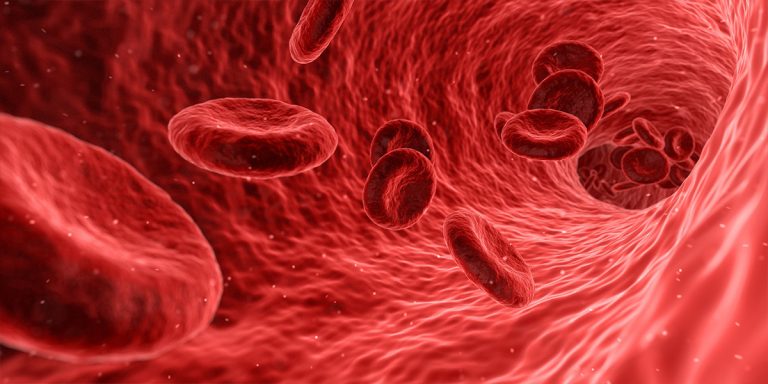Zeshan Qureshi & Alex R. Hobson
Antiplatelet therapy with aspirin and clopidogrel in PCI patients, though effective, is still associated with thrombotic complications. These are multifactorial in origin, but partially attributable to “clopidogrel resistance.” However, how best to identify and manage “clopidogrel resistance” remains unclear. Targeting therapeutic changes specifically at those individuals with poor response to clopidogrel is likely to be a solution. A “one size fits all” approach to clopidogrel dosing is probably flawed.
This review will explore (1) the definition and mechanisms of clopidogrel resistance, (2) assessment of clopidogrel resistance, by (i) platelet function testing and (ii) genetic testing, (3) the management of “clopidogrel resistance,” and (4) newer antiplatelet agents, and evolving stent technology. A pubmed literature review was performed using the keywords “clopidogrel”, “resistance”, “poor response”, “adverse events”, “platelet function tests”, and “genetic tests”. In looking at new
agents, keywords “prasugrel”, “cangrelor”, “ticagrelor”, “Elinogrel”, and “P2Y12 receptor antagonists” were used. Third, a search was performed looking at “stent design”, “”IVUS”, “bioabsorbable stents”, and “stent apposition”. Whilst new P2Y12 receptor antagonists and improved stent technology may reduce thrombotic events in the future, there is still a need for clopidogrel.


